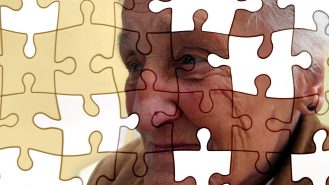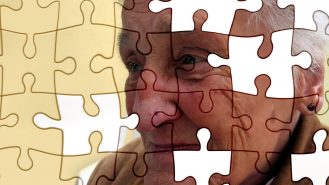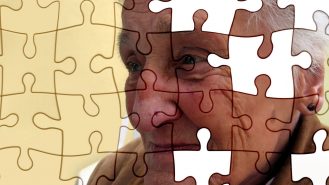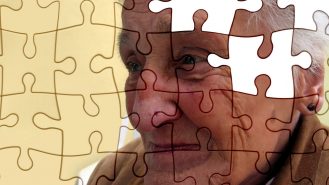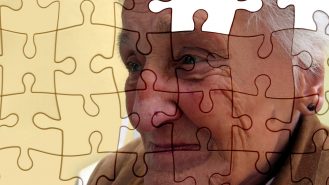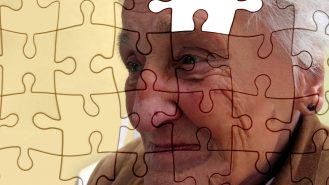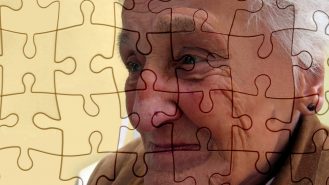Course organiser:Chris Botur
Presenter:Various
Since London disruptively declared itself a National Park City, and subsequently led the formation of a charter that laid out criteria for achieving such status, we have endeavoured to promote the notion that our city could lead the stampede to demonstrate the greenness of cities all over the country. The world is facing multiple emergencies, many of which are broadly ecologically based. Our argument is that connecting people to nature, rather than viewing it as something ‘exotic’ that belongs in remote mountainous parks where only a few privileged get to experience it, is vital to a future understanding of nature (ecological literacy), creates identity with our special biodiversity and a conservation ethic, and broadly creates well-being that is based on values more enduring than the purely material. There have been discussions around the country and Bay of Plenty has declared a national park region (Waiariki Park Region). It is clear that this must be a partnership with mana whenua, with a suitable name, that it takes in the greater Christchurch boundary, and that it is used to engage with and market the rich natural bounty of the city. We have compiled a list of over 15 attributes that demonstrate our credentials to justify our claim to this status. We note the important role of The Press in being an early champion for this campaign, and the variations on this movement – Biophilic Cities, Nature Needs Half, urban wild, etc. We need to be part of this action – indeed be a leader – in turning our city, the country, indeed the world from its current perilous trajectory.
26 May:
Colin Meurk, ONZM, Canterbury and Lincoln Universities and Manaaki Whenua - Landcare Research, on 'Ōtautahi-Christchurch – a National Park City' and Hayley Guglietta, Avon Ōtākaro Network Manager, on 'Avon Otakaro River Corridor Regeneration Plan'.Colin will Introduce the overall concept of the NPC. Hayley will then give a brief update on how we got to this place today and AvON’s role and how this regeneration plan if executed well will be a world class exemplar on combating climate change and managed retreat.
2 Jun:
Penny Carnaby, Chair, Banks Peninsula Conservation Trust, on 'Banks Peninsula, the Lungs of Ōtautahi: Helping Biodiversity to Flourish and Thrive and Suky Thompson, Rod Donald Banks Peninsula Trust Manager, on 'Rod Donald Banks Peninsula Trust - Enhancing Low-carbon Recreation in tandem with Biodiversity on the City Doorstep'.Penny will talk about how local landowners, conservation organisations, and local body and government agencies, are working together to protect and help native biodiversity to recover and thrive on all parts of Banks Peninsula/ Te Pātaka o Rākaihautū, the CCC Ōutautahi Climate Resilience strategy 2021 and to the vision of Christchurch becoming a NPC. Rod Donald Banks Peninsula Trust has a vision to develop environmental guardians of the future through improved public access, enhancing biodiversity, promoting knowledge and working in partnership with others. Suky Thompson will introduce the Trust and describe some of its many successful projects. The Trust’s “Buy the Hill” campaign run last year in conjunction with The Press and Stuff boosted its profile and is the best known example of its multi-faceted work.
9 Jun:
Kamala Hayman, Editor, The Press and Stuff Canterbury, on 'Forever Trees with The Press' and Colin Meurk, on 'The Christchurch 360 Trail – Te Ara Otautahi? – First Urban Great Walk for NZ’s first National Park City'.Project Crimson's Trees That Count has donated 10,000 to the NPC initiative. Learn more about where they will be planted and how you can be involved. Colin Meurk will talk about The Christchurch 360 Trail which he founded. It encircles the city of Christchurch, showcasing the diversity of the city: flora, fauna, history, architecture and culture. He intends to whet your appetite, through a quick-fire montage of images capturing sweeping panoramas to intimate detail of orchids and damselflies.
16 Jun:
Ian McLennan, Chair, Ōtamahua/Quail Island Ecological Restoration Trust, on 'Ōtamahua/Quail Island - 23 Years of Ecological Restoration'.Ian will talk about the ecological restoration project and the history of the island.
23 Jun:
Eric Pawson, Emeritus Prof., School of Earth and Environment, UC on 'The Contribution of the Waitākairi Eco-sanctuary Trust to Making Christchurch a National Park City' and Hannah Duder, Project Manager, Christchurch Foundation, on 'The Great Tūī Comeback'.Eric will describe the activities of the Waitākiri Eco-sanctuary Trust, its vision to establish a fenced sanctuary in the Burwood part of the residential red zone adjacent to the existing wildlife refuge at Travis Wetland, its likely effect on the wider urban area, based on the impacts of fenced ecosanctuaries elsewhere, and how this initiative will complement not only the NPC but also play a role nationally. Hannah will talk about the Tūī Corridor project whose goal is to establish a corridor of tūī friendly vegetation between the Port Hills and the central city. - the first project to be rolled out under the ‘Stronger, Greener Christchurch’ programme. The programme aims to make greater Ōtautahi Christchurch a better place to live through renewable energy and sustainability initiatives.
